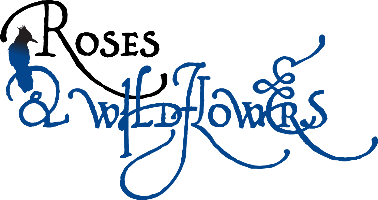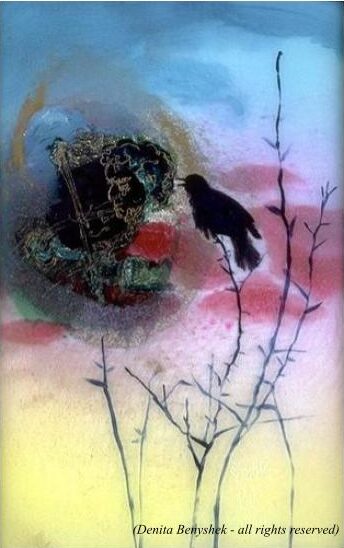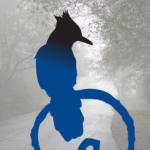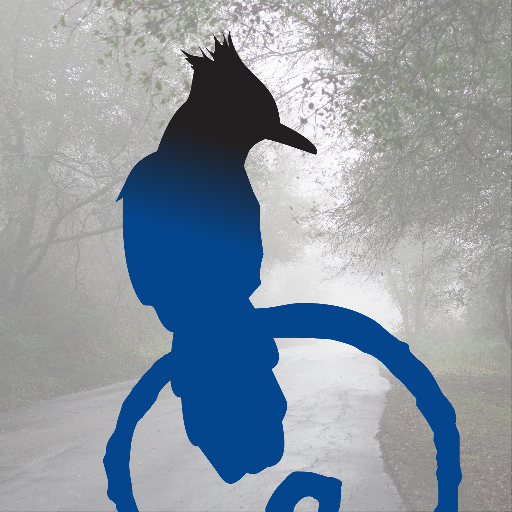
Call for Autumn 2025
Mytho-Anarchism
The Magazine of Mythopoeic Fiction, Poetry & Art
 Spring 2025 Call for Submissions: MYTHO-ANARCHISM
Spring 2025 Call for Submissions: MYTHO-ANARCHISM
An issue dedicated to hope. Solar-punk, hope-punk, envisioning a better future. Fantasy that explores hope and grace.
SUBMISSIONS ARE CLOSED
Published Autumn Equinox, 2025
We are on Submissions Grinder and Duotrope
Submission Guidelines:
“Hard times are coming, when we’ll be wanting the voices of writers who can see alternatives to how we live now, can see through our fear-stricken society and its obsessive technologies to other ways of being, and even imagine real grounds for hope. We’ll need writers who can remember freedom — poets, visionaries — realists of a larger reality.”
-UK LeGuin, speaks given at National Book Foundation’s Medal for Distinguished Contribution to American Letters
Short stories: 7.000 word limit.
Poetry: under 40 lines.
Payment: Short Stories up to 7,000 word (hard limit) $20. No multiple submissions. Simultaneous submissions are OK, but let us know if you’ve placed your story elsewhere. We do not publish dribbles or flash fiction at this time.
Poetry: $10 per poem, 40 line hard limit. You may submit up to 5 poems at one time in a single submission. NO blind submissions. Submissions of poetry without your name and contact info on the manuscript will be deleted unread.
Use modern standard Shunn manuscript format only. Anything not in this format will be deleted unread.
Please query for submissions in other media (video, music files, other audio). ritualartsfficial@gmail.com.
 We have established reading periods for each issue: May (for Autumn) and September (for Spring). Authors are notified within a few days of when the reading period ends. Note on the publication date: We live in an alternate, mythic, reality, the Spring issue is always published February 29, even if it’s March 1 for everyone else using the Gregorian Calendar.
We have established reading periods for each issue: May (for Autumn) and September (for Spring). Authors are notified within a few days of when the reading period ends. Note on the publication date: We live in an alternate, mythic, reality, the Spring issue is always published February 29, even if it’s March 1 for everyone else using the Gregorian Calendar.
The call:
MYTHO-ANARCHISM
Ursula LeGuin once said of her highly influential 1974 anarchist science fiction novel The Dispossessed, An Ambiguous Utopia, “knowing only that I didn’t want to study war no more, I studied peace … This led me to the nonviolent anarchist writers such as Peter Kropotkin and Paul Goodman. With them I felt a great, immediate affinity.” (“Introduction” from Ursula K. Le Guin: The Hainish Novels & Stories, Volume One)
In the fifty years since The Dispossessed was published, the role of anarchism in speculative fiction worldbuilding has remained minimal and challenging, with popular science fiction and fantasy franchises still dominated by social structures of empire, monarchy, capitalism and military/pseudo-military industrial complexes. Following in the footsteps of Le Guin, Roses and Wildflowers is continuing our exploration of environmental and the accompanying societal and cultural changes upon us as a species, is seeking short speculative fiction and poetry exploring economies of reciprocity and non-hierarchical alternatives. Subversive tales of a very different social order. Fantasy, from dark to cozy to wonder tales, science fiction hard, “soft”, and space opera, climate fiction, new myths, and reimagining folk and tales from that perilous realm of faery.
Send us your prose and poetics that make us wonder, think, and leave us with a vision of what is possible. Send us solar-punk, hope punk, fantasy that explore hope and grace, your visions of a better future where everyone is valued for who and what they are. Your fantastic tales of dreamers, drummers, and dancers. The editors of Roses & Wildflowers pose this challenge to you: send us your anarchist utopian futures, your fantasy worlds where mutual aid networks are what gets the job done, your true pantheons where no one god makes decisions for the rest, your round tables where the knights have never had a king and never will, your economies of reciprocity, your wildest speculative hierarchy-busting narratives, characters, plots, structures, worlds and themes.
How will we move forward from this time we are living in: environmentally, socially, politically, economically, and—as artists—, creatively. What is our place in this “uncharted country” we are heading into as a planet? Or, maybe we won’t survive. It’s clear that what is now accepted as “normal” & “how things are done” will not be sustainable for very much longer.
Philosophical touchpoints:
- Braiding Sweetgrass by Robin Wall Kimmerer
- The Fifth Sacred Thing by Starhawk
- Mutual Aid: A Factor of Evolution by Peter Kropotkin
- Andrew Sage’s videos youtube.com/@Andrewism
- Nonbinary by Genesis P-Orridge
- The Dispossessed by UK LeGuin
- “The Day Before the Revolution” Ursula K. Le Guin (In memoriam Paul Goodman, 1911-1972) https://www.d.umn.edu/cla/faculty/tbacig/hmcl3230/3230anth/day.html
- “Toward a New Anarchism: Anarcho-Daoism” Jack R (originally published in: Foundations) https://medium.com/fan-publication/toward-a-new-anarchism-anarcho-daoism-2a040a9a250·
- “Phantasms of Hope: Utopian Function of Fantasy Literature”
Alexander C. Morgan, The University of Western Ontario - We look forward to reading your stories and poetry!
For non-fiction essays, editorials, and reviews, go to our sister publication, Coreopsis Journal of Myth & Theatre Guidelines, here.
